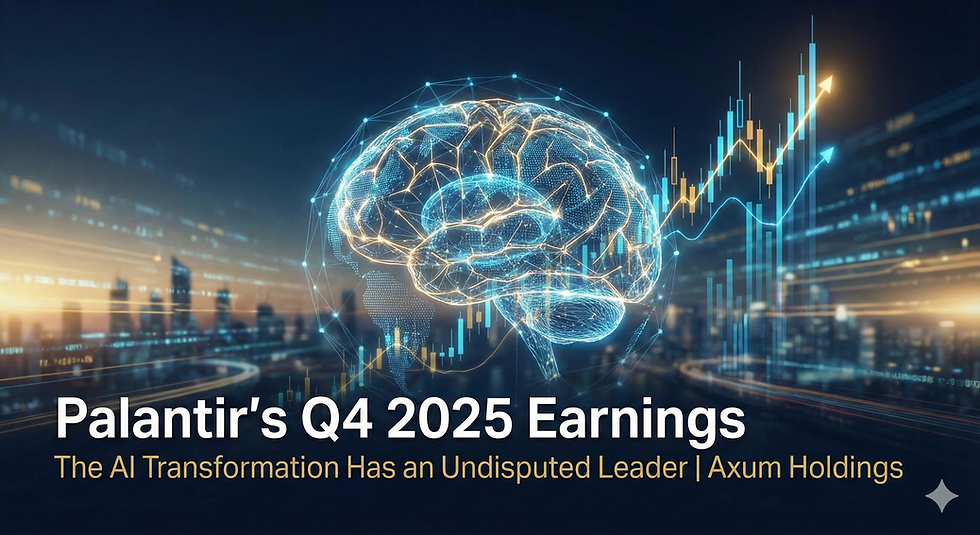Apple's Strategic Shift: From Self-Driving Cars to Leading the AI Revolution
- Elias Zeekeh, MBA, CPA, CMA

- Mar 4, 2024
- 3 min read
Updated: Aug 6, 2024

Apple Inc. has long been recognized for its strategic entry into markets where it may not be the first mover but often becomes the most transformative. This pattern of entering markets late and then revolutionizing them through innovation has been a hallmark of Apple's approach to business. The company's recent decision to shut down its self-driving car project and reallocate resources towards artificial intelligence (AI) underscores a strategic pivot that could herald its entry into new, potentially groundbreaking markets.
Apple's History of Market Entry and Innovation
Apple's journey from the brink of bankruptcy in the late 1990s to becoming one of the world's most valuable companies is a testament to its focus on innovation and design. Under Steve Jobs' leadership, Apple shifted its focus towards developing products that were not only technologically advanced but also user-friendly and aesthetically pleasing. The introduction of the iPod in 2001, followed by the iPhone in 2007, and the iPad in 2010, are prime examples of how Apple entered existing markets late but managed to redefine them entirely[1].
The company's success can be attributed to its emphasis on creating a strong ecosystem of products and services that work seamlessly together, enhancing user experience and fostering brand loyalty. This ecosystem approach, combined with strategic partnerships and acquisitions, has allowed Apple to stay ahead of the competition and maintain its position at the forefront of technological innovation[1].
Strategic Shift Towards AI
The recent cancellation of Apple's decade-long electric car project and the reallocation of staff to its AI division signal a significant shift in the company's strategic focus[2][5]. This move reflects Apple's recognition of the growing importance of AI in shaping the future of technology. By redirecting resources towards AI, Apple is positioning itself to lead in the development of generative AI projects, which could have wide-ranging applications across various industries[5].
Potential New Markets for Apple
Given Apple's history of entering markets late and then innovating to dominate, there are several areas where the company could potentially make a significant impact:
1. Healthcare and Biotechnology: With its expertise in hardware and software integration, Apple could develop AI-driven diagnostic tools and personalized health monitoring devices, revolutionizing patient care and health management.
2. Financial Services: Leveraging AI, Apple could expand its Apple Pay services to offer personalized financial advice, risk assessment, and investment management, tapping into the growing demand for fintech solutions.
3. Smart Home Technology: By integrating AI with its existing ecosystem, Apple could enhance smart home devices, offering more intuitive and predictive home automation solutions that learn and adapt to users' habits and preferences.
Conclusion
Apple's decision to shift its focus towards AI, following the shutdown of its self-driving car project, is a strategic move that aligns with its history of late market entry followed by innovation-driven dominance. As the company explores new opportunities in AI, it is well-positioned to enter and transform new markets, just as it has done in the past with music, smartphones, and tablets. By leveraging its strengths in design, ecosystem integration, and now AI, Apple is poised to continue its legacy of innovation, potentially redefining industries and user experiences in the process[1][2][5].
Citations:
[1] https://www.linkedin.com/pulse/transformation-apple-how-innovation-design-changed-lee-nallalingham
[16] https://www.linkedin.com/pulse/apples-journey-innovation-simplifying-technology-challenging-fayyaz-m
.png)



Comments